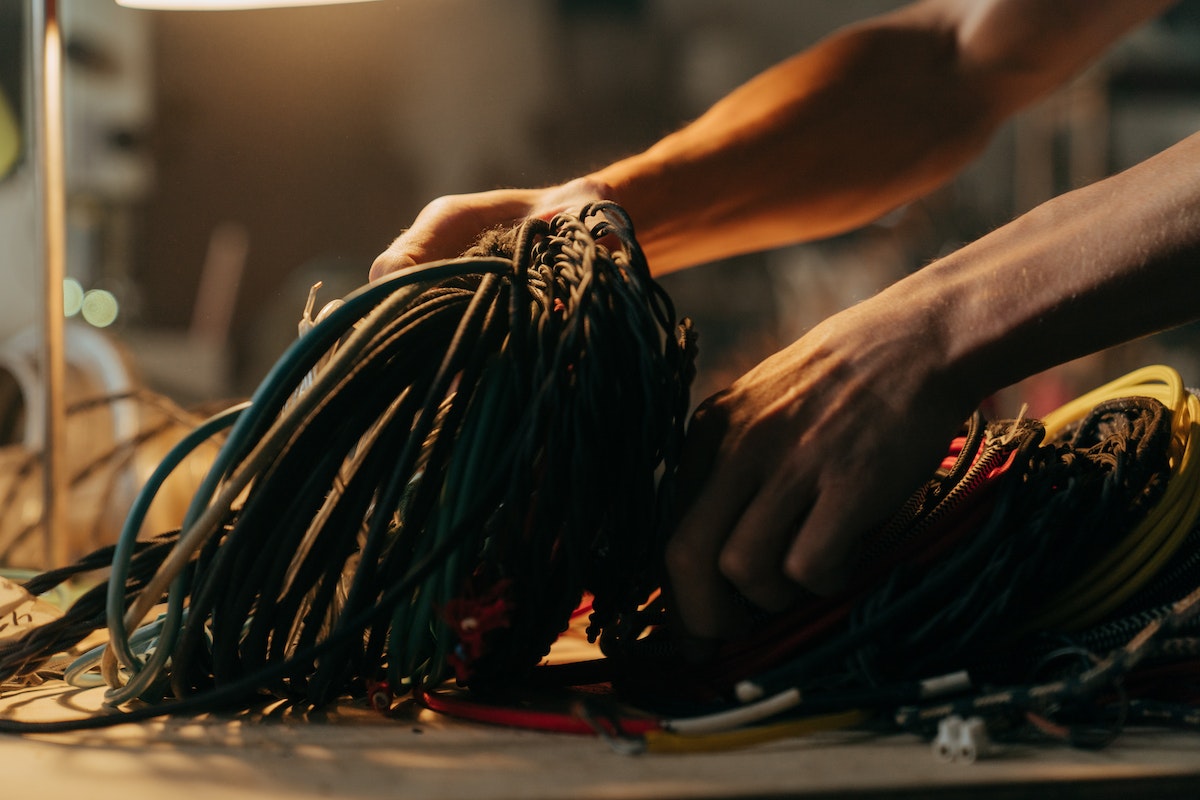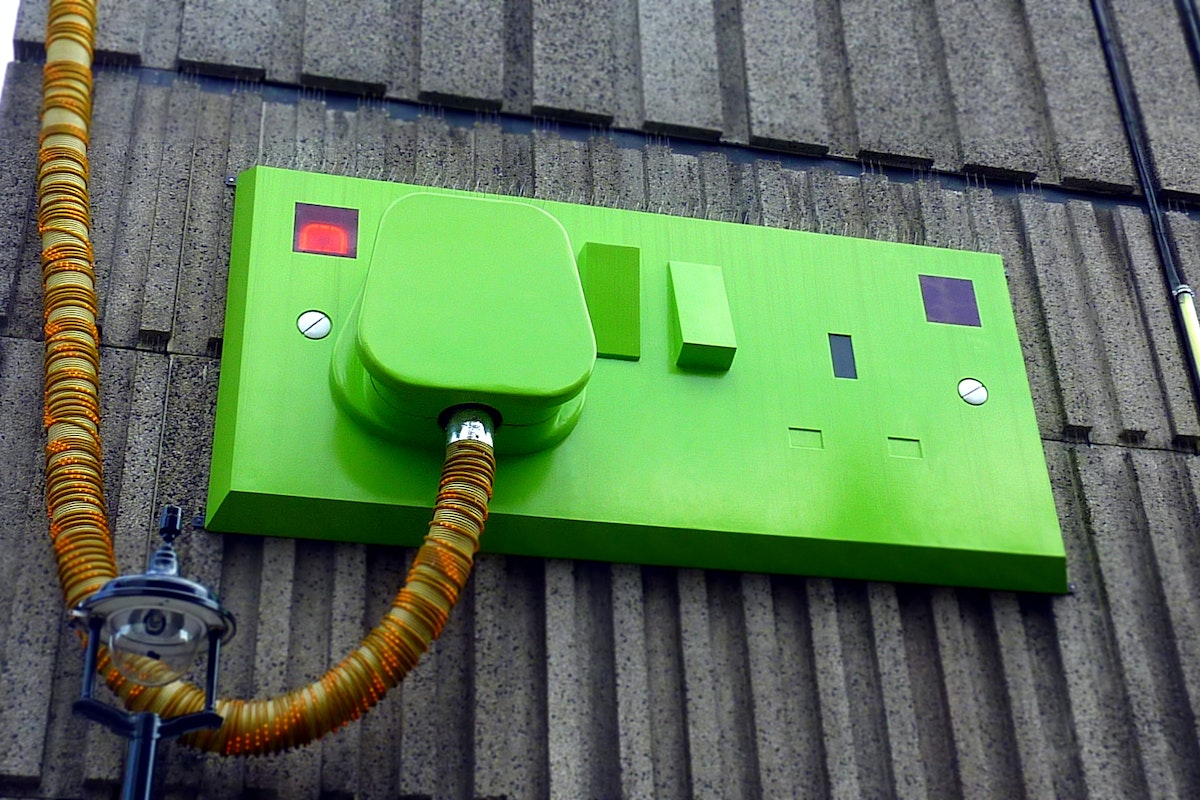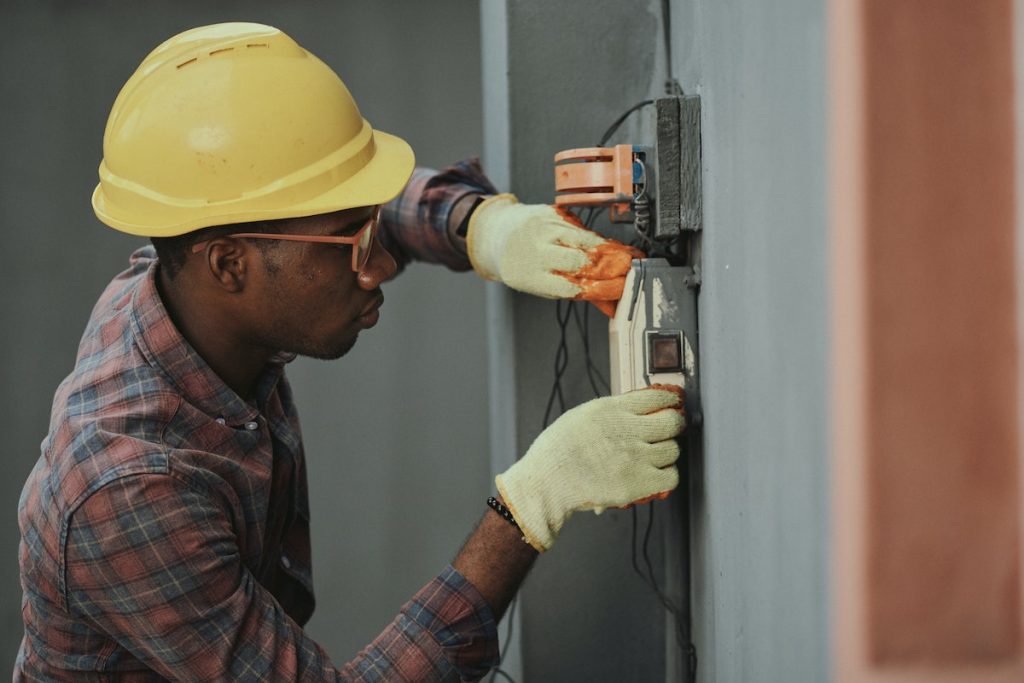- Electrical safety in the home is critical for children’s safety, requiring attention to cords, outlets, and light bulbs.
- Keeping water sources away from electrical appliances like hot tubs and hair dryers is vital to prevent electrocution.
- Sinks near electrical appliances or outlets pose risks and should maintain a safe distance to avoid contact with water.
- Educating children about electrical hazards and creating comprehensive safety plans are necessary preventive measures.
As a parent, your child’s safety is always the top priority. It is crucial to ensure that your home is safe for your little ones to explore and play in, especially when it comes to electrical safety. Electrical hazards are often overlooked in household safety plans, but it is critical to recognize their potential danger. This blog post will discuss some valuable electrical safety tips for parents to protect their children from electrical hazards in the home.
Prioritize The Basics:
One of the most important electrical safety tips for parents is to prioritize the basics. Make sure that all outlets in your home are GFCI (ground fault circuit interrupter) protected, meaning they will shut off when an unexpected surge of electricity is detected. If you’re not sure if your outlet is GFCI-protected, contact a licensed electrician. Here are some other things to focus on:

Electrical Cords Safety:
Electrical cords and wires can be hazardous if left unattended. Children love to play with cables and may chew them, leading to potential hazards. The parents are responsible for ensuring that electrical cords are out of reach and away from the child’s access. Additionally, children’s toys and other accessories should have short lines to mitigate the possible risks.
Outlet Safety:
One of the most common electrical hazards in a home is outlets. Electrical outlets are accessible to children, and they may be unaware of the dangers of sticking objects into them. Parents need to consider the installation of tamper-resistant outlets to prevent children from accidentally electrocuting themselves. Additionally, any unused outlets should have safety covers to prevent children from playing with them.
Light Bulb Safety:
A broken light bulb can pose a significant danger to children. Parents always need to supervise children when changing a bulb, ensure the light switch is turned off, and take all precautions before handling a broken bulb. Children should be educated about the potential dangers and, more importantly, about what to do if they accidentally break a bulb.
Water and Electrical Appliances:
Electrical appliances that come into contact with water can cause electrocution. Parents should ensure that any visible water sources are kept away from electrical appliances to prevent this. Here are just some examples:
Hot Tub Safety:
Hot tubs are a fantastic way to relax and unwind, but they also come with their own set of electrical safety concerns. Hot tubs require a substantial amount of electricity, and the presence of water increases the risk of electrical hazards. To ensure safety, they should be grounded and have efficient hot tub wiring conducted by a professional electrician. Maintaining a safe distance between the hot tub and any outdoor electrical outlets or appliances is also essential.
Hair Dryer Safety:
Hair dryers are commonly used electrical appliances that can pose a risk if not handled correctly. They should never be used near water-filled sinks, bathtubs, or pools because they can lead to severe electric shocks if they get wet. Always unplug the hairdryer when not in use and store it in a dry place. Teach children to do the same and supervise them when using a hair dryer.
Sink Safety:
Sinks are often located near electrical appliances or outlets in kitchens and bathrooms. It’s crucial to ensure that all electrical devices are kept a safe distance away to prevent any contact with water. If outlets are close to sinks, they should be GFCI-protected. Regularly check for any signs of water leakage around the sink area, as it can lead to electrical hazards.

Teaching Children about Electrical Safety:
Ultimately, educating children about electrical safety is one of the most critical precautions that every parent needs to take. Parents can use everyday opportunities to teach children about electricity and potential electrical dangers, such as pointing out electrical cords and appliances and how to use them correctly.
Additionally, parents should develop safety plans and guidelines that children can understand and follow. For instance, explaining why they shouldn’t insert objects into outlets or touch wet electrical appliances is essential.
If possible, parents should supervise children when they are around electrical appliances or outlets and regularly reinforce the safety guidelines.
Electrical safety in the home is fundamental to keeping children safe. Parents need to be aware of the electrical hazards in their homes and take necessary precautions to prevent accidents. The tips outlined in this blog can help parents create a safer living environment and educate their children about electrical safety. Remember, electrical safety is everyone’s responsibility, and by understanding these potential threats, you can protect your children.

